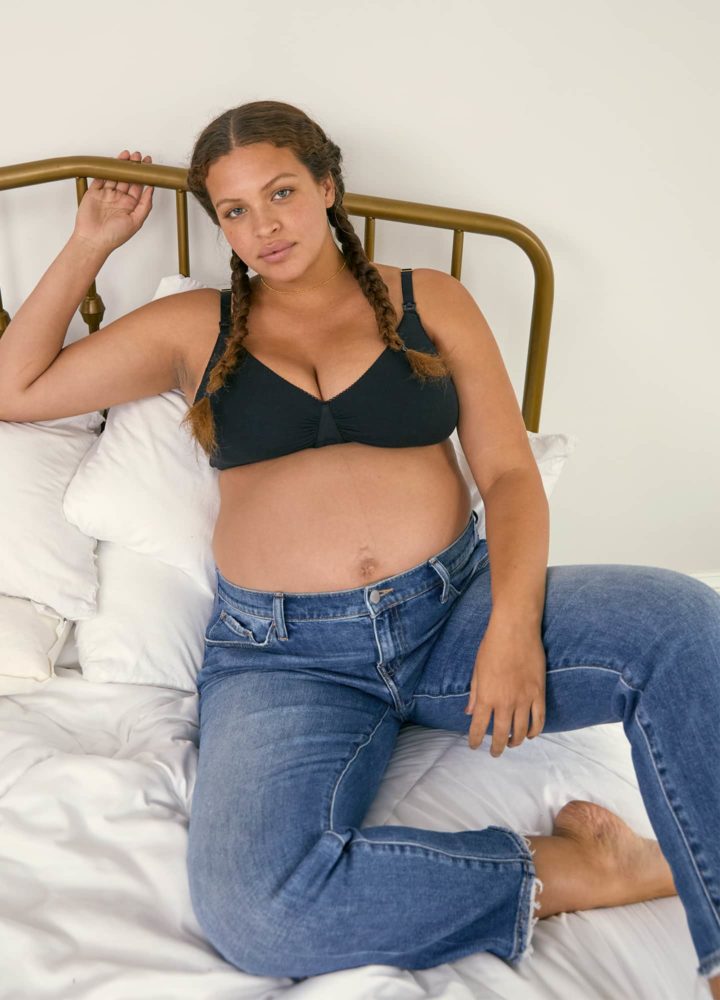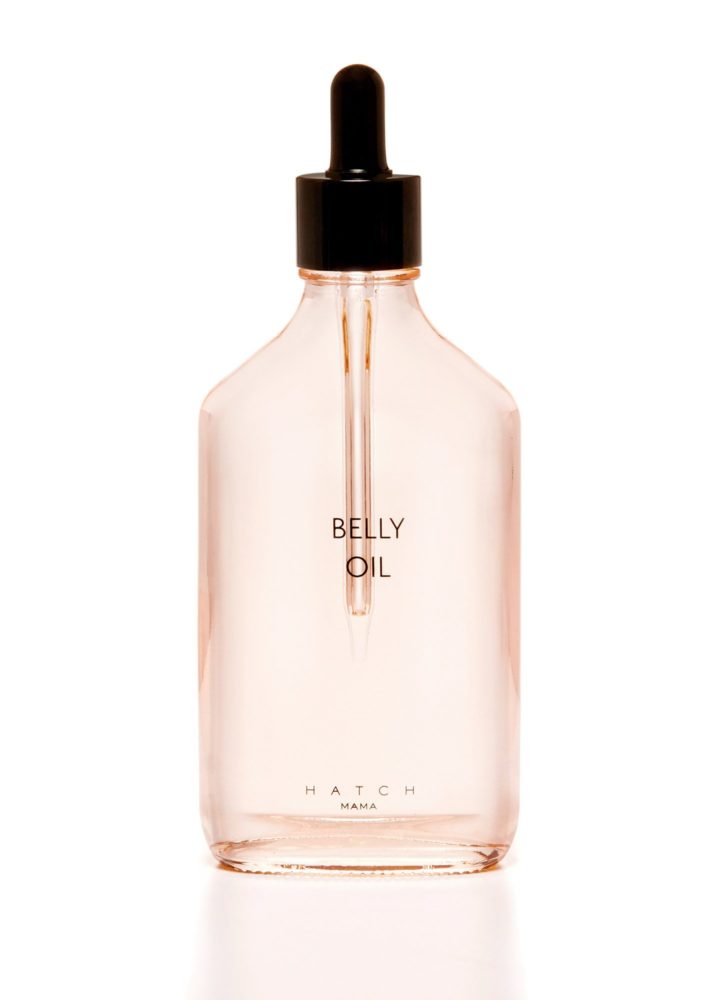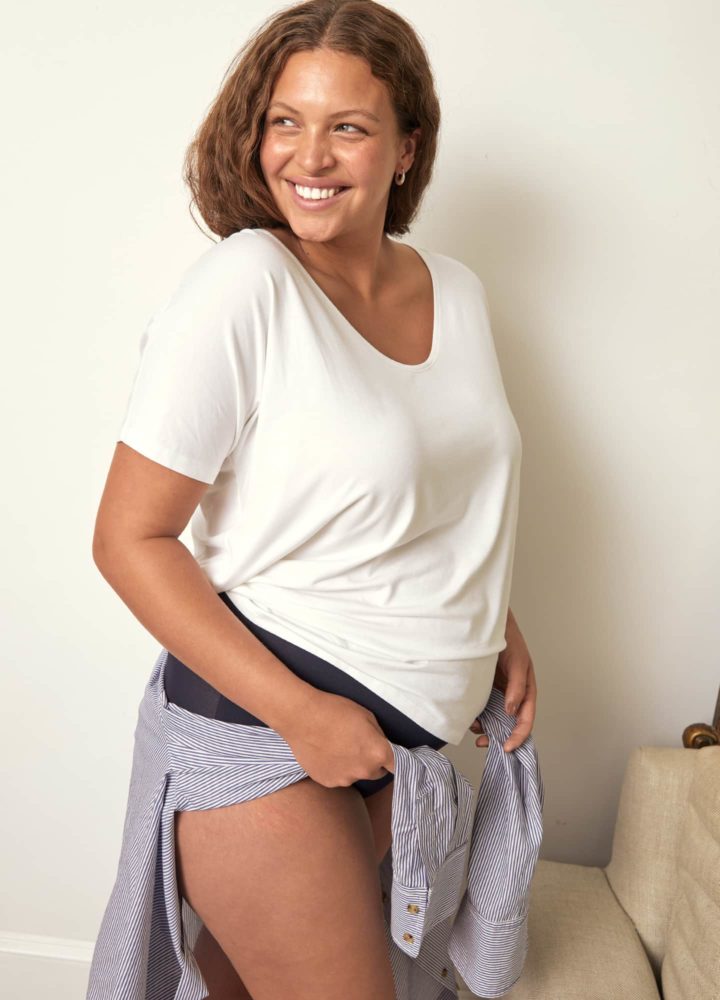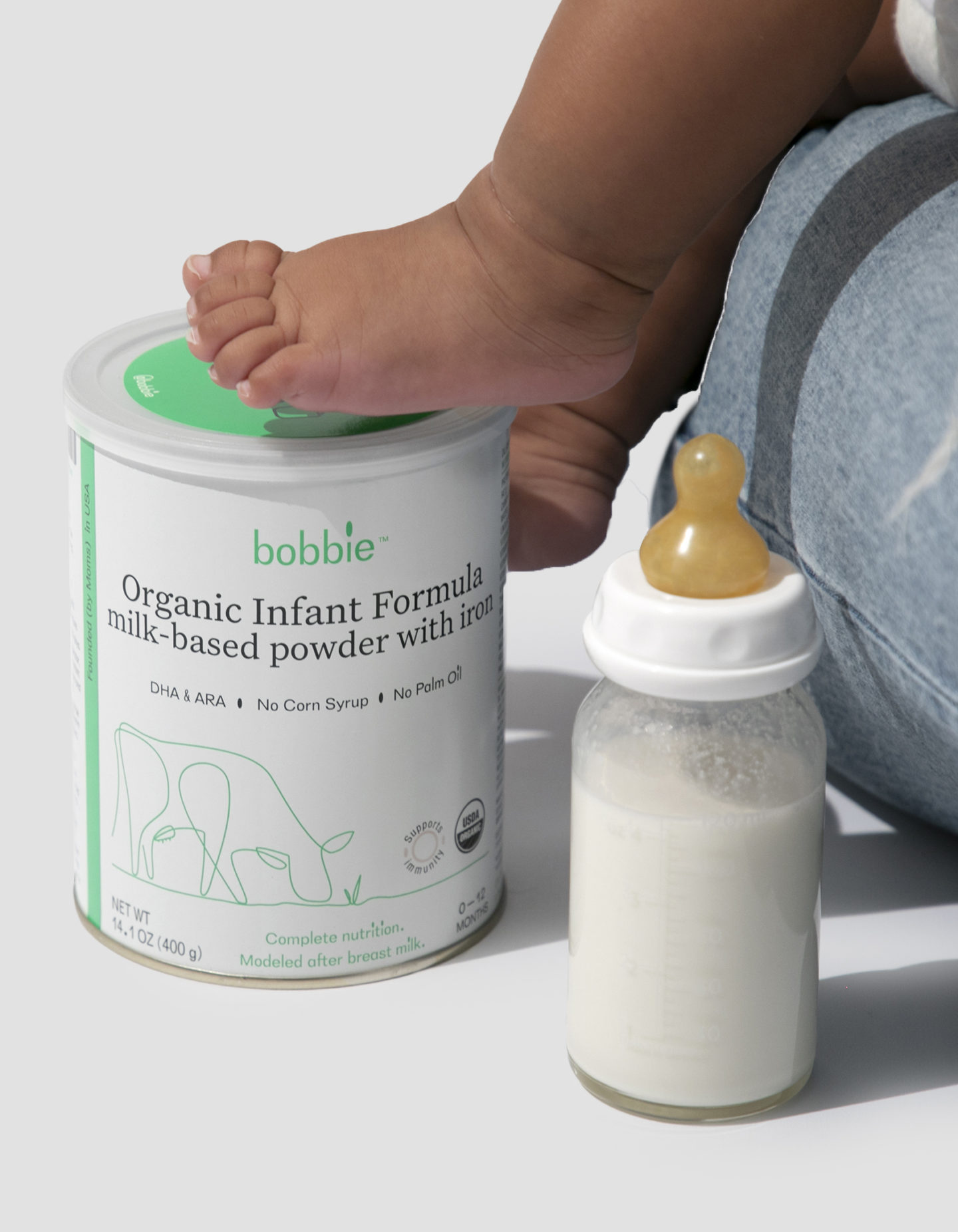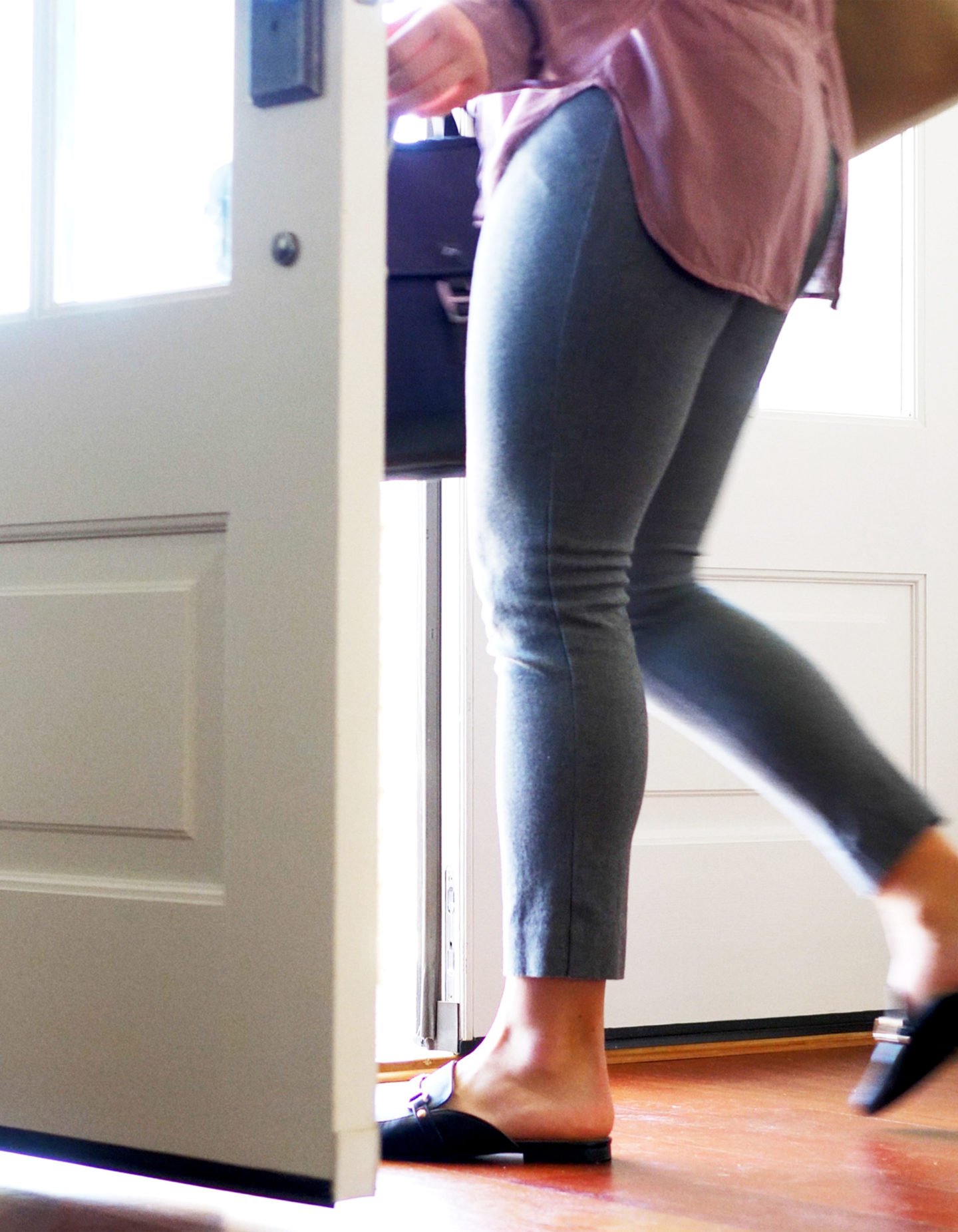So you had your first baby and for whatever reason, you’re not ready for another. But you want to leave your options open. So curious minds like you want to know: Should I freeze my eggs in-between?
Here’s the deal with OOCYTE CRYOPRESERVATION (yep). It’s a fertility treatment where a woman’s mature eggs are taken from her ovaries and frozen for later use, aka until she’s ready to get pregnant. It’s a way to buy time if you think you want to have more babies, but not yet. That way, you can use younger, healthier eggs when you are ready.
The process of freezing your eggs is similar to IVF in that you undergo four to six weeks of hormone injections prior to egg retrieval to stimulate the ovaries and ripen many many eggs at once. Once the eggs have matured, a doctor will insert a needle through the vagina and up into the ovaries to retrieve them. Following the procedure, the eggs are analyzed for any sort of damage and to gage which ones are the most viable. The healthy ones are frozen and stored.
When you’re ready for baby time, your eggs will be thawed, fertilized, and monitored for growth and viability. If the process seems overwhelming to think about, here is a list of facts you should know in advance of freezing your eggs:
Do You Research: Check out the American Society Of Reproductive Medicine to find the clinic nearest you. Clinics vary, so be sure to find one that suits your needs, whether it’s only freezing, or freezing AND thawing. Also, be sure to find one with great success rates around the thawed eggs.
Prepare Yourself For The Cost: Find out if your insurance benefits cover egg freezing, but don’t bet on it. In general, insurance isn’t a sure thing, through some providers may throw in a bit. Plan to spend around $7,000 to $13,000 for every cycle, between $2,500 and $5,000 for medication and up to $1,000 a year to store the eggs.
It’s Not A Sure Thing: The data is still out on the success rates of egg freezing, so stay optimistic but know that a successful pregnancy hovers at around 40-50 percent per egg thaw. Also, keep in mind that pregnancy does get harder as you age, so the younger you are when you freeze your eggs, the better.
Just remember, egg freezing doesn’t give you the same fertility you would have had if you tried to get pregnant at the time you froze your eggs.
“Egg freezing does not give you the same chances as you would have if you were having sex at that age,” Diana Chavkin, MD, a board-certified fertility specialist told Very Well Family. “Your best chance of trying to get pregnant is trying right now. But we know it will improve your chances if you plan on having a baby later if you freeze now.”


